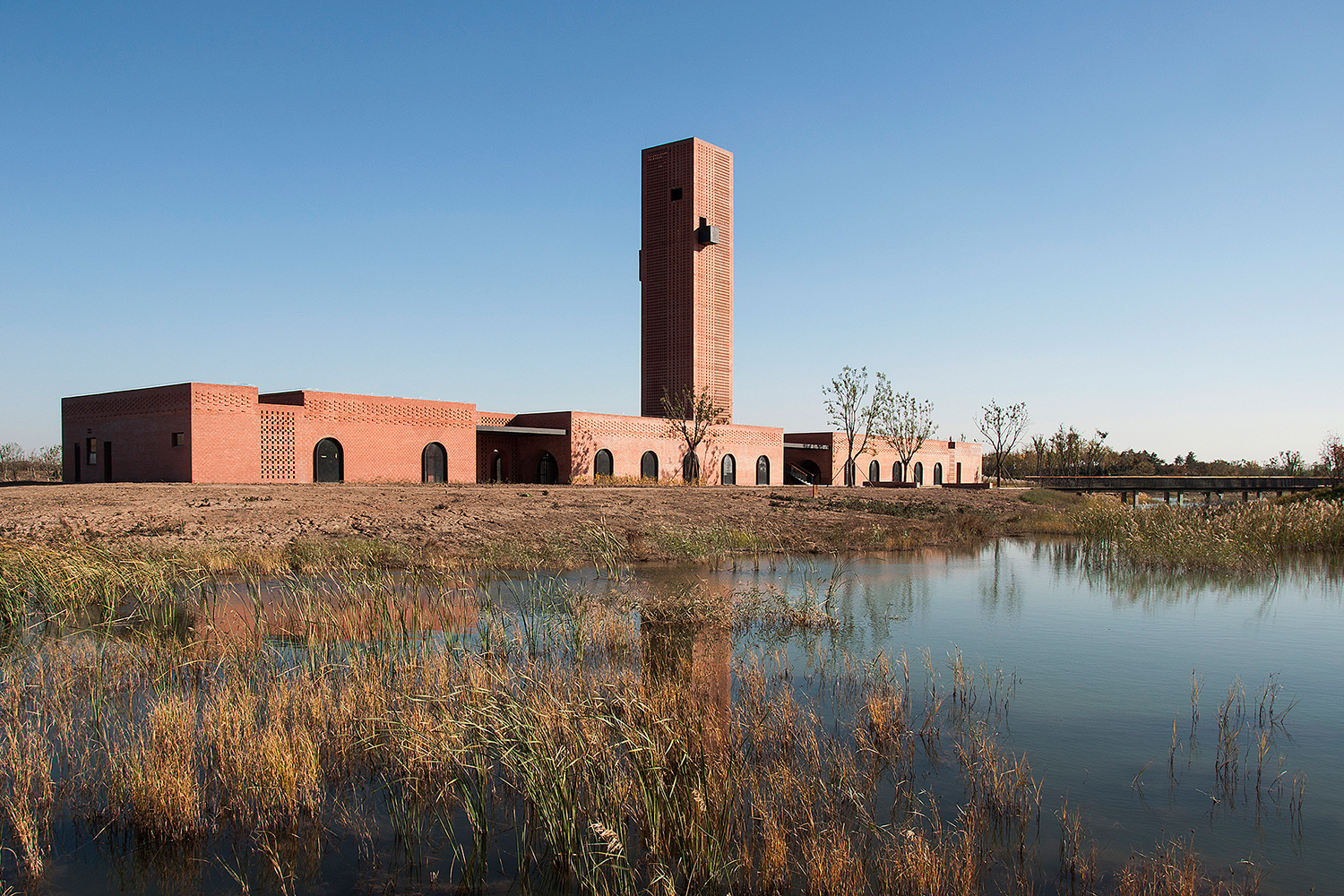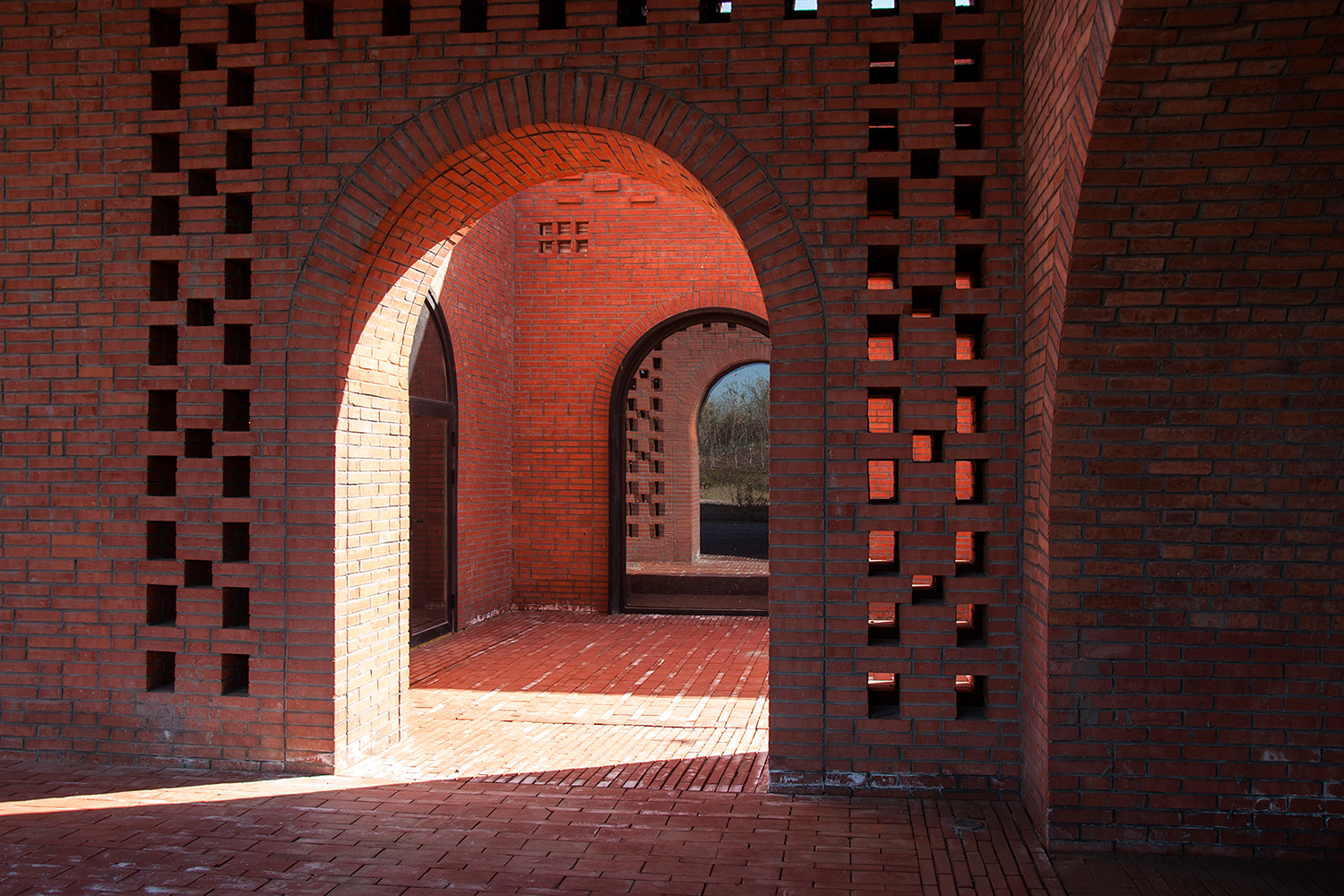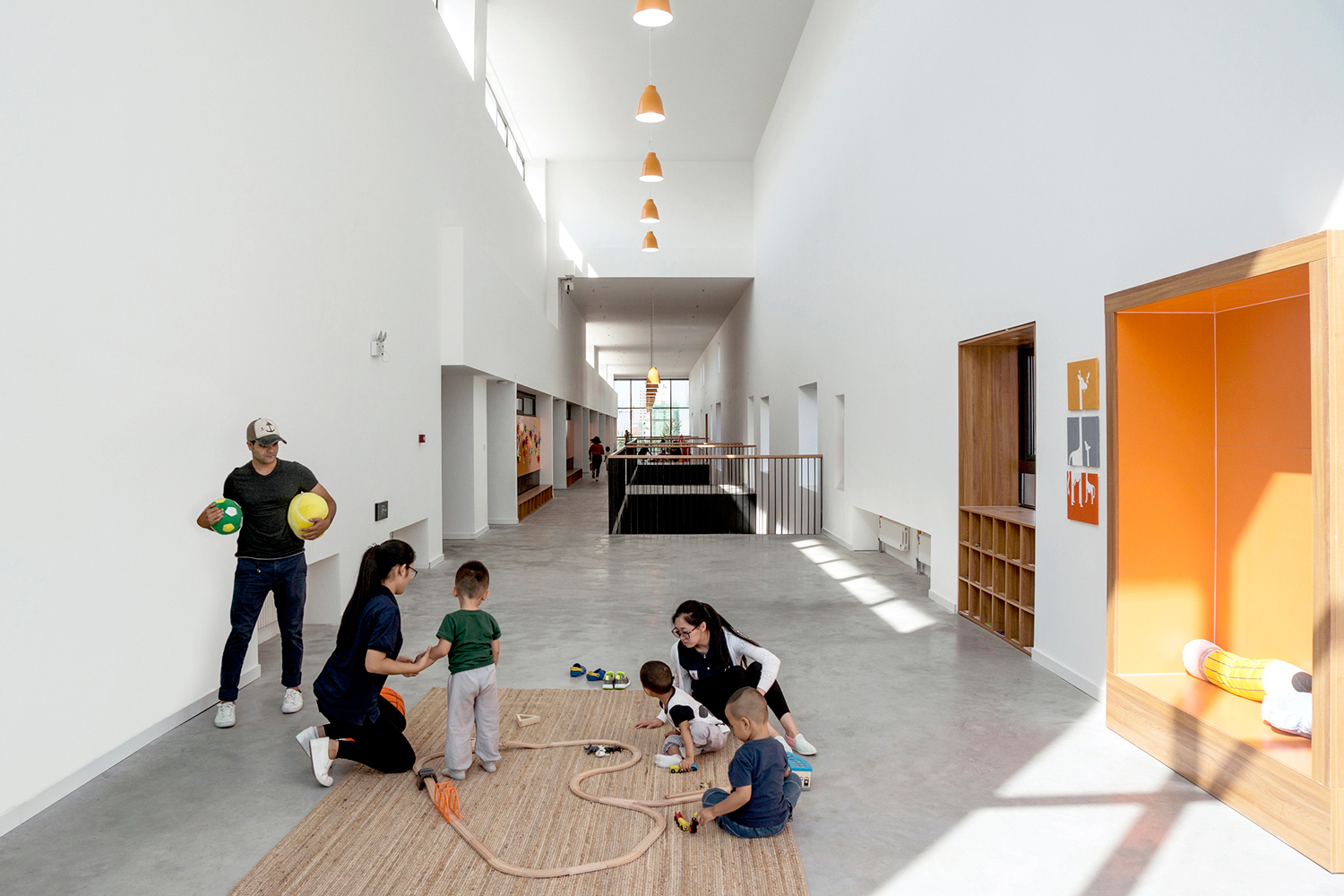Interval Architects
China
Interval Architects is an award-winning Shanghai-based architecture design practice co-founded by Oscar Ko and Gu Yunduan. The practice critically examines issues relating to urbanism, architecture and the environment. The founders believe that architecture should possess qualities that reflect the specificities of its context and become a spatial production that belongs to a certain place and time.
While the speed of development has been incredible and unstoppable in China, Interval Architects aim to slow down and develop a critical attitude to evaluate the built environment. The studio’s goal is to search for the identity of contemporary Chinese architecture in this operative process. Interval Architects contemplate the fundamental question of what ‘Chinese-ness’ is in the realm of contemporary architecture and urbanism.
The practice engages in both the urban and rural contexts of China. Regardless of where the projects are, the belief is that architecture should possess qualities that reflect its context and belong to its place and time. Site is thus perceived as a craft, a methodology and an attitude. Site is more than a physical boundary, but rather is interpreted as a reaction to climate, environment, geography, history, psychology, scale, genius loci, materiality and the human behaviour associated with places.
It is these elements from which Interval Architects begin to formulate design strategies and develop concepts into coherent designs that belong to a specific place. The creation of a sense of place and people’s association with it is what the studio aims to ‘craft’ as architecture.
Interval Architects’ partners and staff are actively involved in both academia and practice. The practice believes that teaching, research and practice mutually benefit and complement each other. Alongside practice, the studio has conducted research and teaching on several urban issues such as urban residual space along Suzhou Creek, and the post-industrial adaptive re-use of Yangshupu Power Station.
Photography: Zhi Geng




